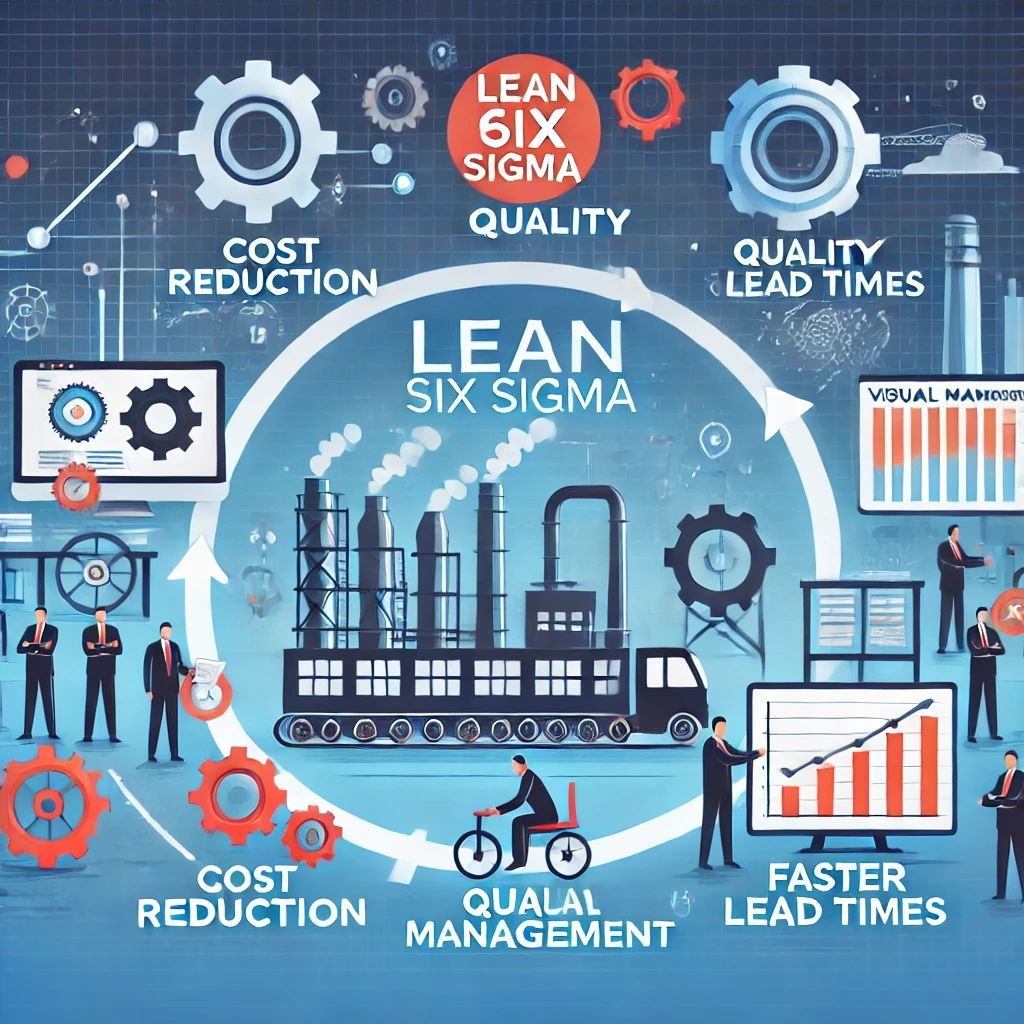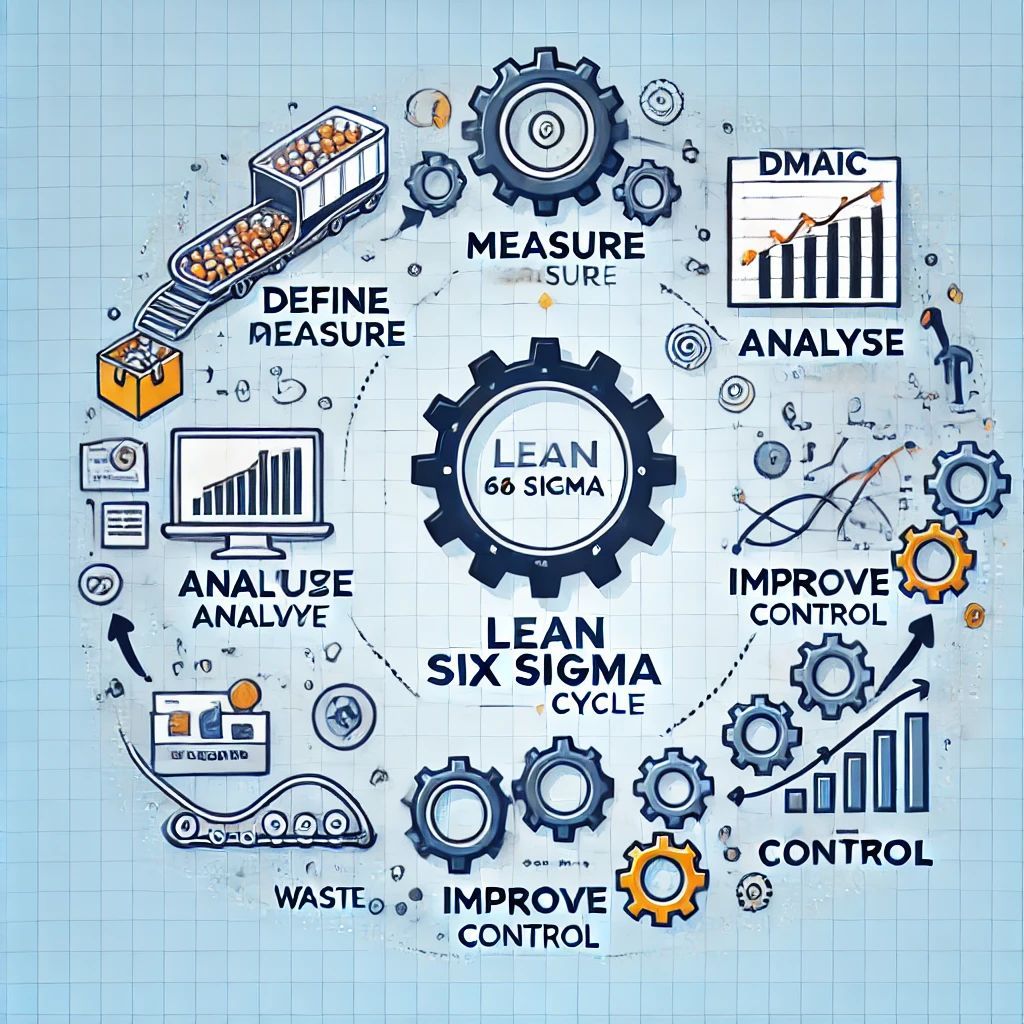Building corporate culture: It's not just about the HR department
TheLEADERThe fact that the human resources department (HR) is responsible for the entire success of the corporate culture building process without the companionship, support, contribution, participation and interaction of all departments and teams makes for projects to build corporate culture that seem to have reached a dead end or formed a faded culture.

Building a corporate culture requires the commitment of leaders and the participation of relevant departments.
Such is the great influence and role, but grandparents have a saying "if you have a large hand, you should clap" or "a tree can't be young". A human resources department in a large company with a few dozen people and in a small company with a few people is only a small part of the vast majority of the team. Not to mention in today's new era, many HR services are assigned to external contractors (outsourcing), such as reception, housekeeping, drivers, salary, bonus and welfare payments, the human resources under HR is even less meager.
Therefore, the fact that HR department alone deploys to build corporate culture with leaders without the companionship of other departments will lead to many other mistakes. And a permanent sadness for HR is "hundreds of mulberries pour silkworms' heads", which leaders sometimes criticize "this company has no culture because of HR".
Businesses often make six main mistakes in building and maintaining a corporate culture.
One is the lack of team commitment that leads to inconsistent and inconsistent performance, especially leadership commitment.
Second, core values, codes of conduct, regulations on systems and processes, and expectations about building a suitable image for the common culture are not understood in the same way because of the lack of interaction and internal communication. least.
The third is to think locally, not towards the common goal of a culture imbued with identity.
Fourth, it is easy to become negative when encountering obstacles, difficulties in the implementation process and not persistently moving forward.
Five is short-term thinking, serving short-term goals.
Six is not to start from the superstructure, such as vision, mission, core values, culture of conduct (COC) and corporate strategy.
The online forum "Building corporate culture" organized by John&Partners Education and Consulting Joint Stock Company aims to bring real stories about difficulties, challenges, detailed steps to build and develop. Declaring corporate culture from the perspective of consultants and senior management of the enterprise.
The event takes place at 7pm on June 25, 2021 through the Zoom online conference platform with 3 main parts: overview of corporate culture, steps to build corporate culture, sharing of real cases. about corporate culture at PVComBank, how to turn the leader's strategy into a corporate culture that everyone accepts to implement.
(*) MSc. Nguyen Thi Hong Ngoc is the Managing Director of John&Partners Education and Consulting Joint Stock Company
Giới thiệu John&Partners
Chính sách chung
Việt Nam
Email: public@john-partners.com
Điện thoại: (84) 77 5955 007
Hồ Chí Minh City
- 3C Phổ Quang, Phường 02, Quận Tân Bình,
TP. Hồ Chí Minh
- Điện thoại: (84) 916 350 421
Hà Nội
Hoa Kỳ
- The Cannon @ the Energy Corridor1334 Brittmoore RoadHouston, TX 77043.
- Điện thoại: +1 832 202 8968
- Email: trangnguyen@john-partners.com
All Rights Reserved | Công ty Cổ phần Tư vấn và Giáo dục John&Partners








